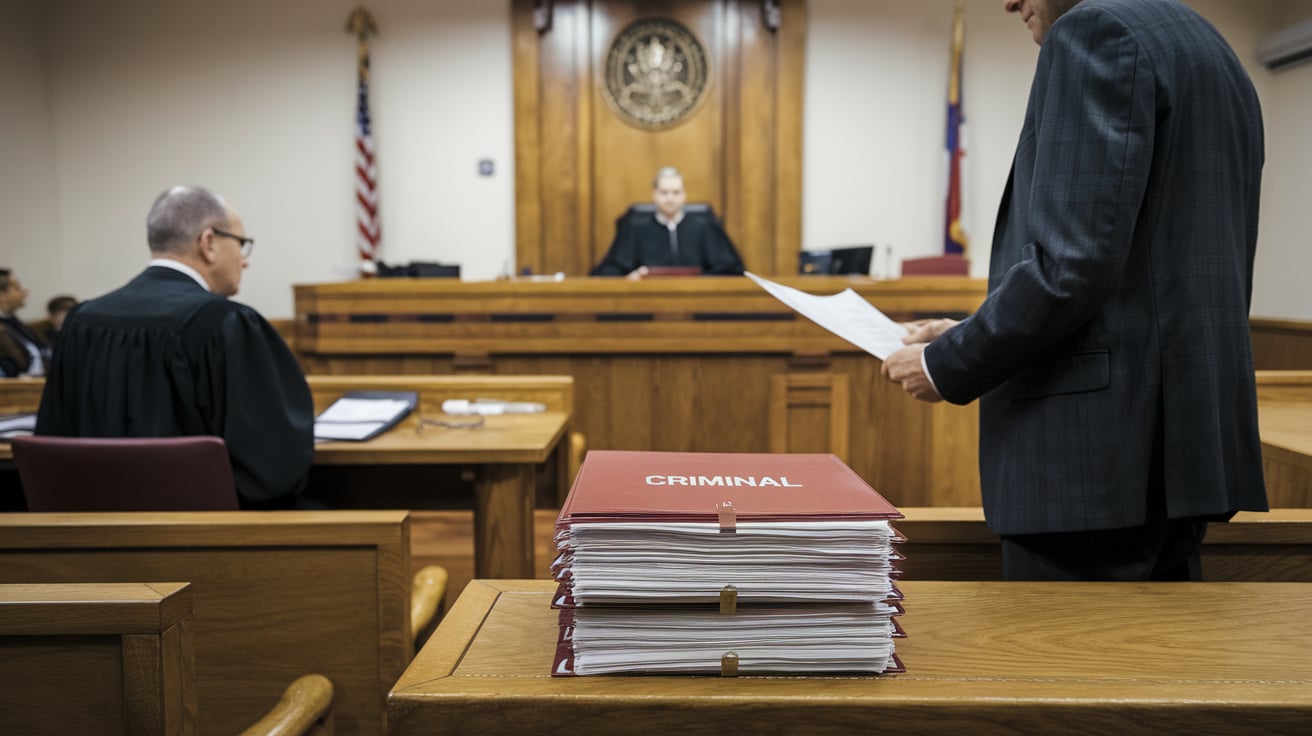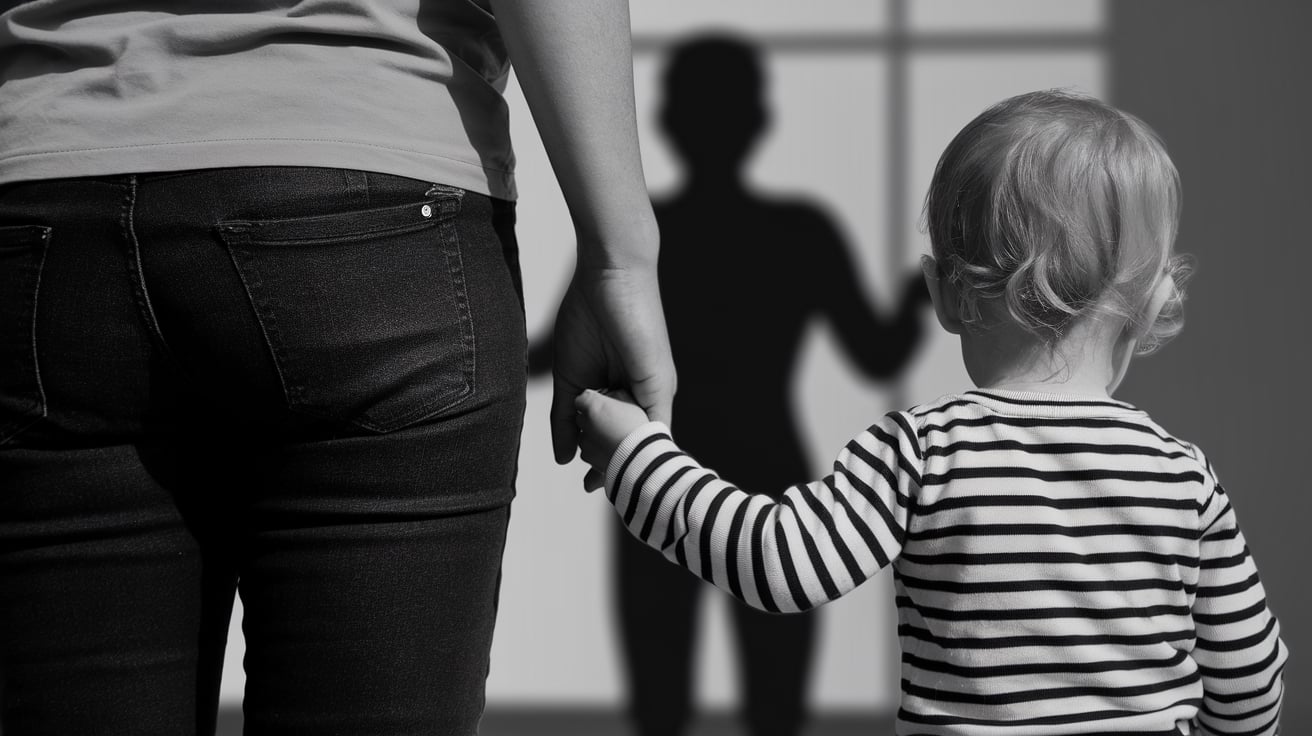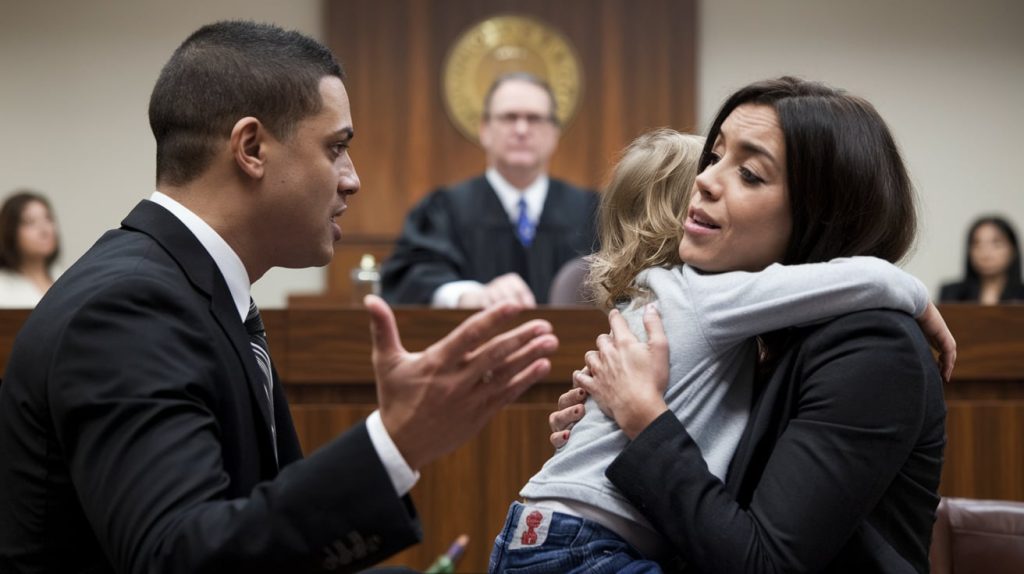Parents facing custody matters often worry about how their personal choices might affect their relationship with their children.
The decision to marry someone with a felony record can raise valid concerns about custody arrangements.
While having a relationship with a felon does not automatically result in loss of custody, courts carefully examine such situations to ensure children’s safety and well-being.
The primary focus remains on determining what serves the child’s best interests. Several key factors influence how courts evaluate custody when a parent marries someone with a criminal history.
This blog explains the legal framework of courts for custody decisions, the role of criminal history, and protecting parental rights.
Legal Framework for Custody Decisions

Family courts make custody decisions based on clear laws and rules that put children first. Each state has its own set of laws that guide these choices, but they all focus on keeping children safe and well-cared for.
When courts look at custody cases, they use two main types.
Physical custody concerns where the child lives, while legal custody covers those who make major decisions about the child’s education, health, and upbringing. Courts can give these rights to one or both parents.
The main rule that the courts follow is “The Best Interests of the Child.”
This means they keep a lookout for:
- How well each parent cares for the child
- The child’s bond with each parent
- Each parent’s mental and physical health
- The home setting each parent offers
- Each parent’s ability to work together
When someone in the household has a criminal record, courts look closely at:
- The type of crime committed
- How long ago it happened
- Signs of change since then
- Any risk to the child’s safety
Before making final choices, courts often ask parents to try working things out through mediation. If that doesn’t work, a judge steps in.
They look at all the facts, listen to both parents and sometimes bring in experts to help decide what’s best for the child.
Remember that having a partner with a criminal record doesn’t mean automatic loss of custody. Courts look at the whole situation and focus on what keeps children healthy and secure.
Role of Criminal History in Custody Decisions
Courts look at criminal records as one part of the bigger custody picture. A felony conviction doesn’t mean you will lose custody right away.
What matters is how past criminal acts might affect your child’s safety and well-being.
The type of crime makes a big difference in custody choices.
| Category | Details |
|---|---|
| Courts Pay Extra Attention To |
– Crimes involving violence – Drug-related offenses – Crimes against children – Recent criminal acts |
| Time Matters |
– Clean legal records – Completed treatment programs – Steady work history – Good behavior reports – Positive changes in lifestyle. |
| When Your New Partner Has a Criminal Record |
– The type of crimes committed – The time elapsed since the crimes – Their current behavior – Their contact with your children – The safety of your home setting. |
| Judges Look at |
– All facts about past crimes – Current living situations – How well you care for your kids – Your honesty about past issues – Your plans to keep kids safe |
How to Protect Parental Rights Easily

Knowing your legal rights helps you make smart choices about custody matters. The law gives you options to maintain your role as a parent, even when facing complex situations.
Your rights matter, and you can take steps to protect them.
- Creating a good home life for your child stands as your strongest defense. Courts watch how you manage daily life, including meal times, bedtime schedules, and homework help.
- They want to see that you keep a clean, safe home where your child can learn and grow. Setting clear household rules and spending quality time together shows courts that you put your child’s needs first.
- Good record-keeping proves your commitment as a parent. Save important papers like school report cards and notes from doctor visits.
- Keep a log of your time with your child, including regular activities and special moments. These records show courts that you stay active in your child’s growth and care.
- Photos of family activities and saved messages about your child’s care add more proof of your involvement.
Working well with your child’s other parent makes a strong case for your parenting skills. - Focus your talks on your child’s needs and keep all messages polite. Share important news about your child’s health or school right away.
- Following court orders and making decisions together when needed shows you can put your child’s needs above personal feelings.
- Getting help from a family law expert can make your case stronger. They know the court system and can explain your options clearly.
- These experts help gather the right papers and guide you through complex rules. They speak up for your rights and help plan the best way to show courts that you’re a good parent.
Courts care most about parents who prioritize their children. Your current choices and actions matter more than past events.
Show that every decision you make prioritizes your child’s well-being. This focus on good parenting today carries more weight than previous challenges or mistakes.
Conclusion
Getting married to someone with a felony record doesn’t mean you’ll lose custody of your child. Courts base their decisions on what’s best for children, looking at the whole situation rather than just one factor.
Your rights as a parent stay protected as long as you provide a safe, caring home for your child.
The steps you take today matter more than past events. Keep good records, maintain a stable home life, and work well with your child’s other parent.
If you feel worried about custody issues, speak with a family law expert who can guide you through the legal process. Your role as a caring parent matters most in these situations.
Frequently Asked Questions
Can a Convicted Felon Be Around a Child?
A felon can be around children if their crimes don’t involve minors or violence. Courts look at the type of crime when it happened and signs of changed behavior.
Do Convicted Felons Lose Parental Rights?
A felony conviction alone doesn’t mean losing parental rights. Courts check whether the crime affects the parent’s parenting ability and whether the parent can keep their child safe.
Can Dating a Felon Affect Child Custody?
Yes, dating a felon might affect custody if their criminal past poses risks to the child. Courts examine the type of crime, how long ago it happened, and current behavior.








